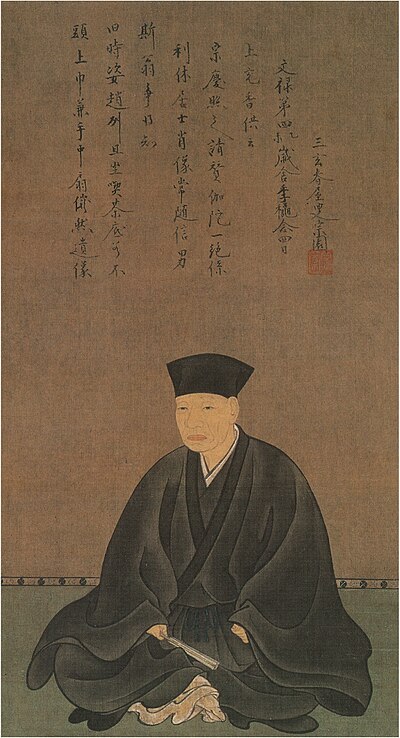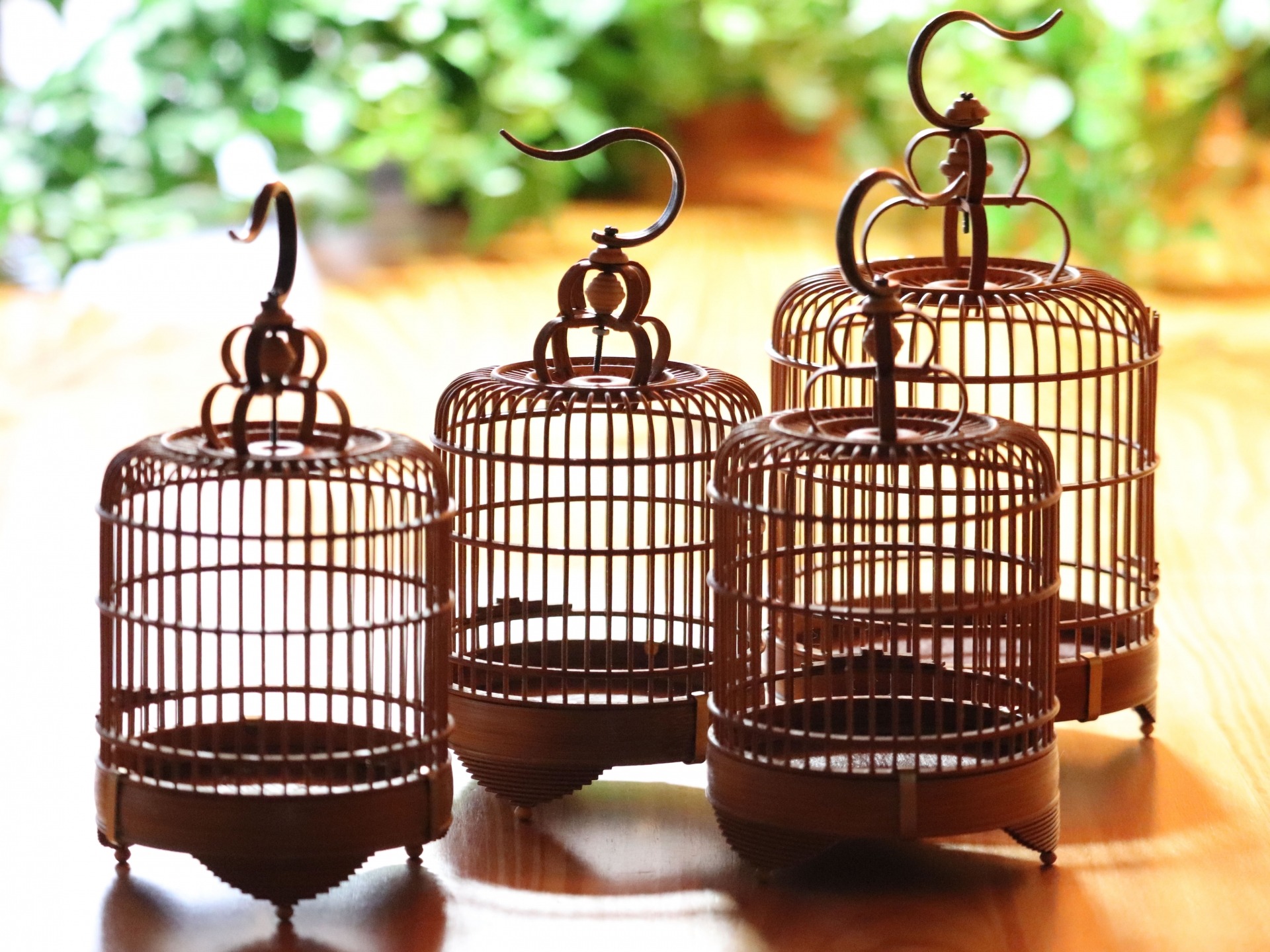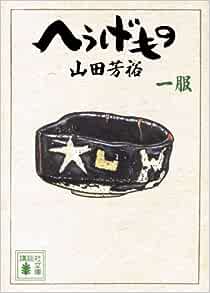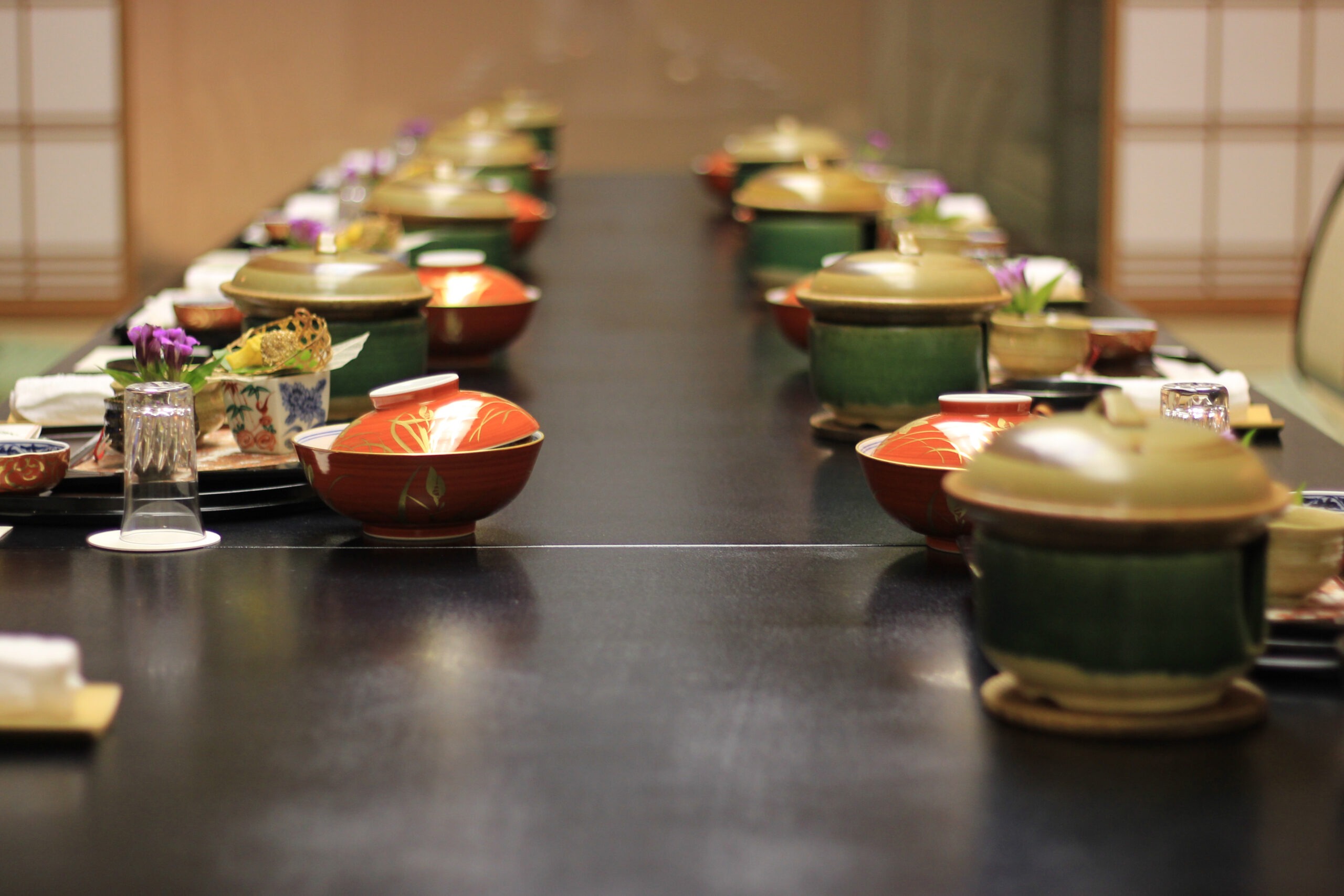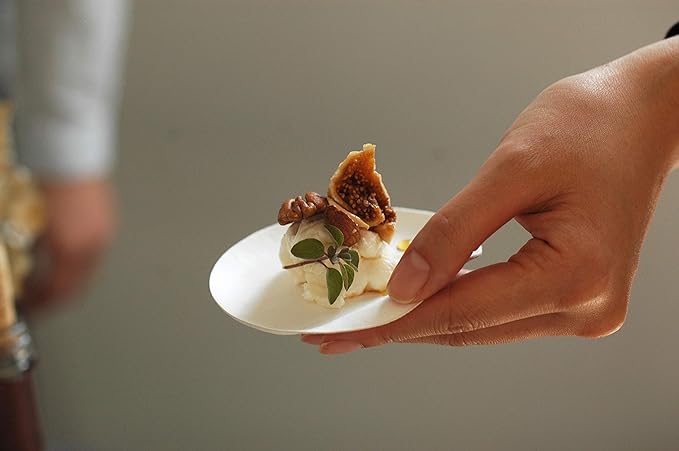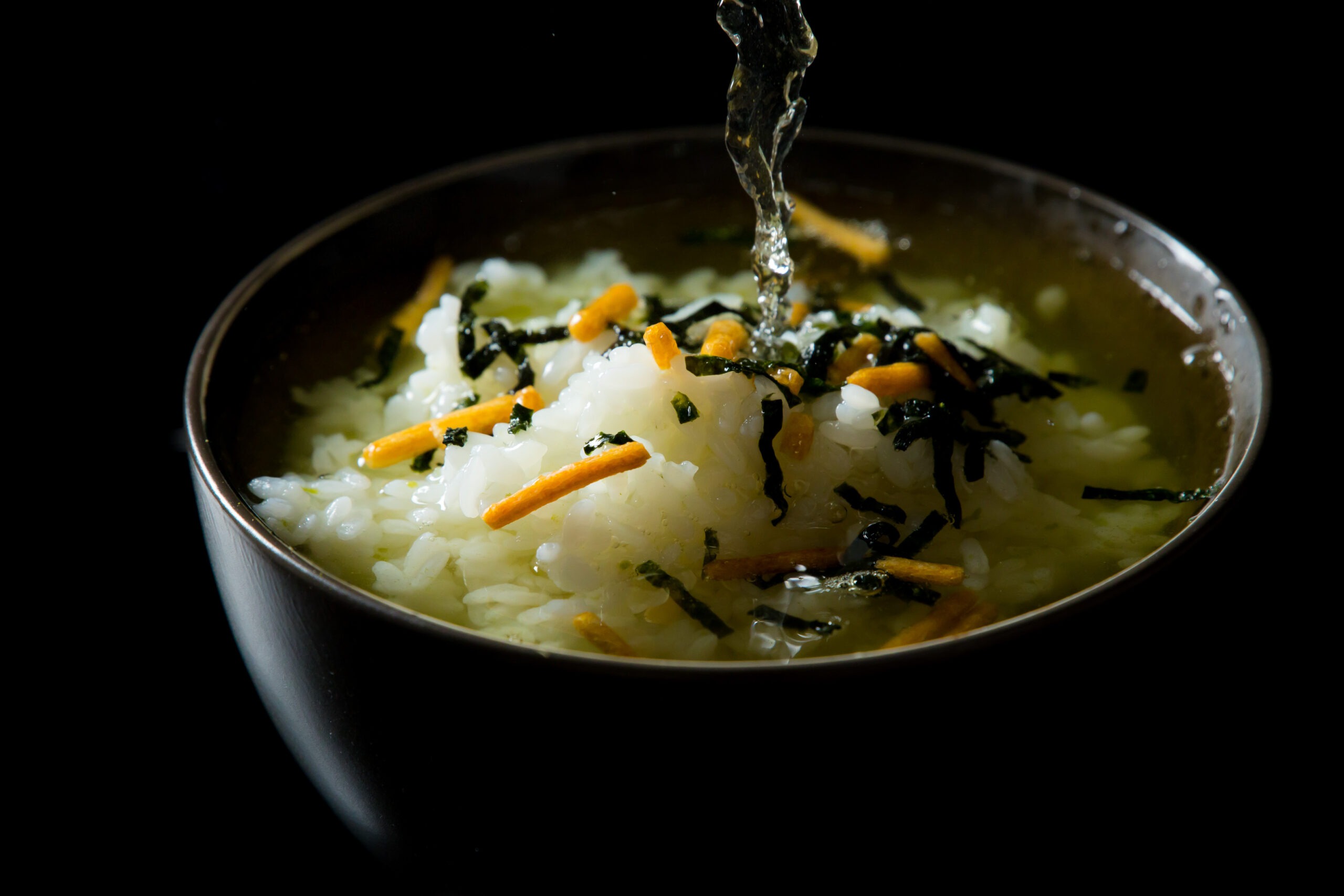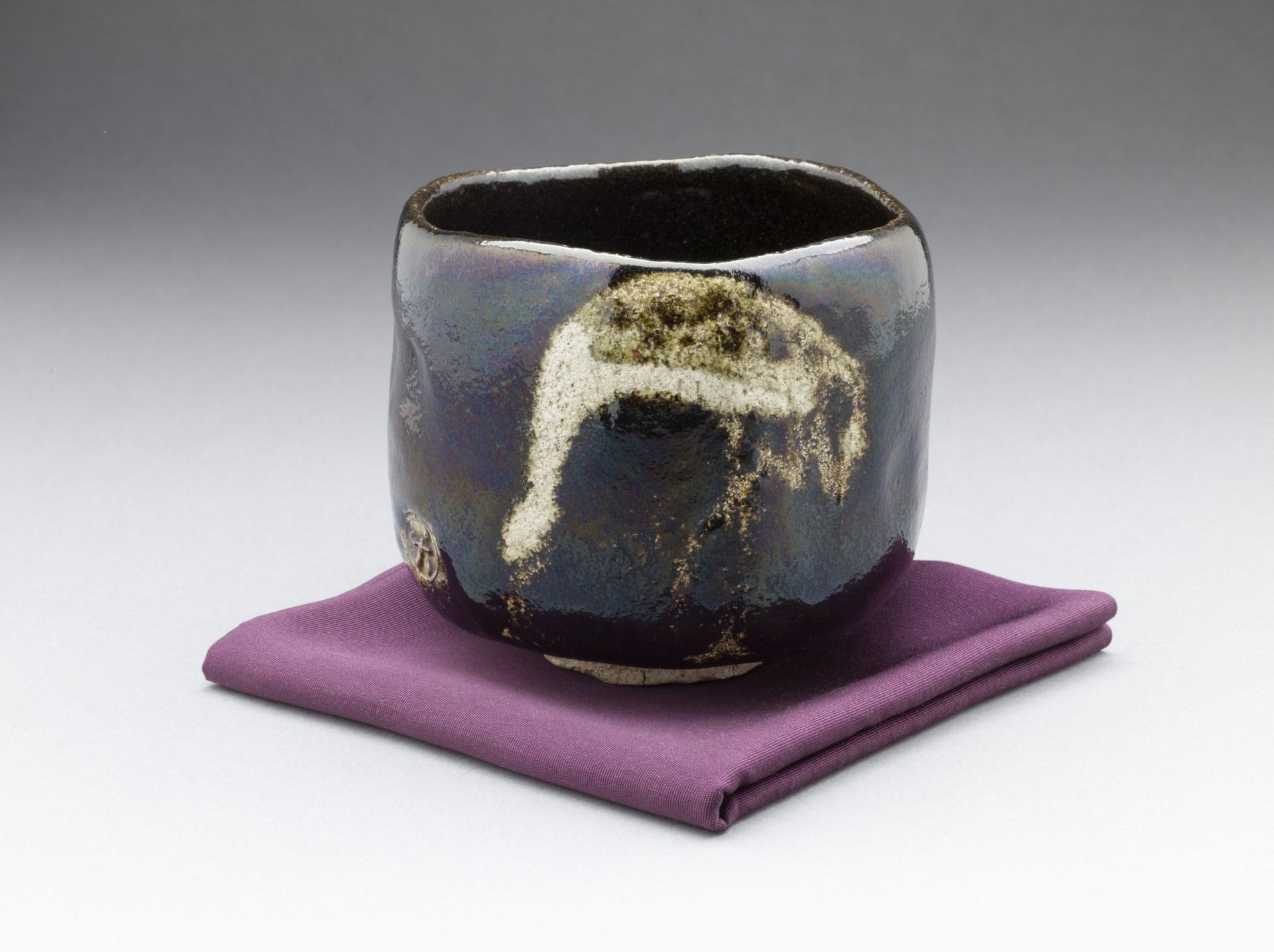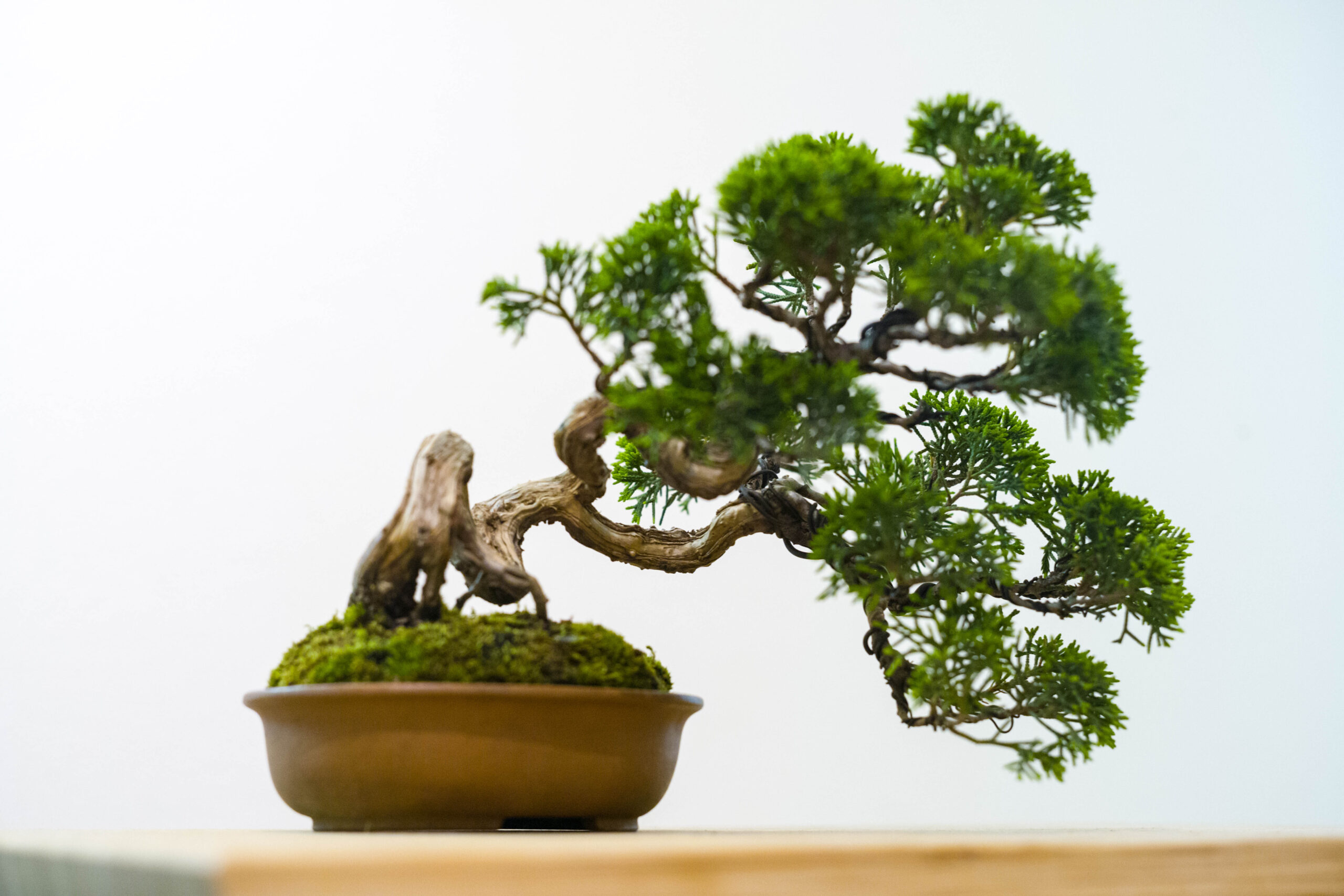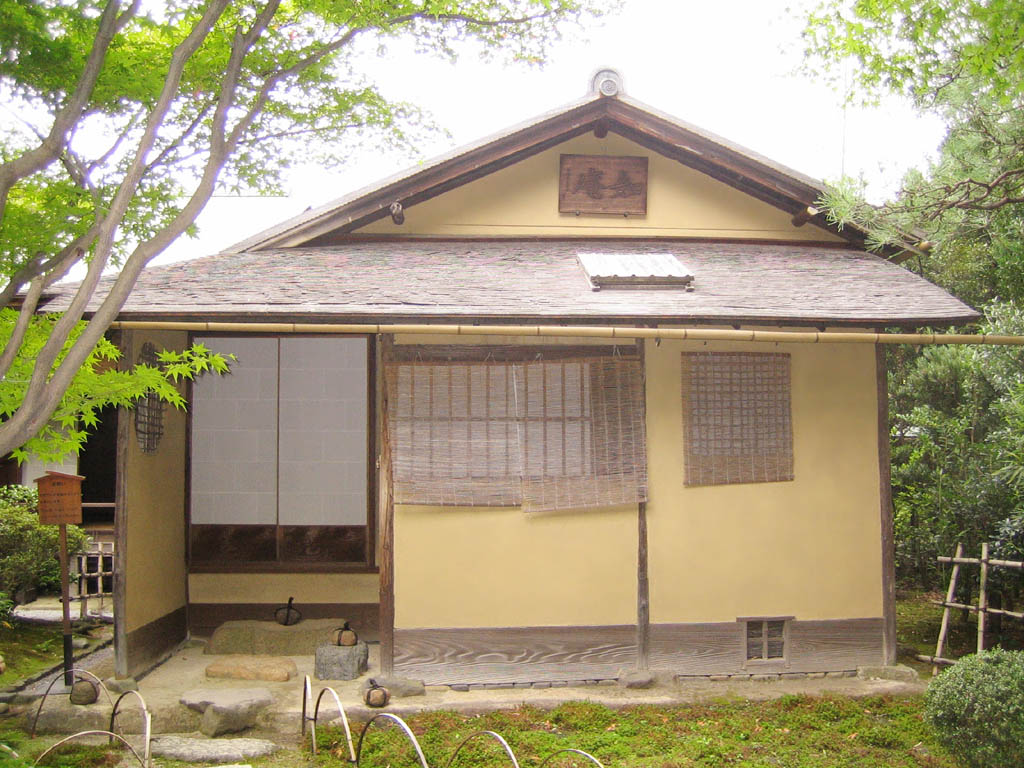
Wabi(imperfection)
The Beauty of “Sorry”
One of the key concepts of Japanese culture is wabi-sabi. The word is often used to describe desolate and lonely states; however, surprisingly little is known about their original meanings.
Wabi shares its roots with the verb, wabiru (to apologize), It originates from the feeling of making an apology; an apology for not being able to offer more. The sentiment of wabi lies in offering the best one can while sincerely apologizing for one’s inadequacy. The frugal art of tea we know as wabicha developed from such a sentiment.
Japanese Aesthetics – Augmenting Margins with Imagination
The concept of wabi already existed in the age of Manyoshu, as evidenced by words such as wabi-uta (poem of disappointment), wabi-goto (words of worry, refusal, or desperation), wabi-bito (the miserable), and wabi-goe (despondent voice). It was Murata Juko¯—the founder of wabicha—who elevated wabi into an aesthetic value as well as a mysteriously appealing worldview. Whereas it was conventionally thought that a proper tea ceremony couldn’t be performed without authentic Chinese teaware, Juko developed a revolutionary approach based on the idea that the true spirit of tea could be reimagined by exercising great sincerity and care with the utensils one has on hand.
Juko discovered the beauty of associations and combinations that spring from individual ingenuity. This thinking led to the radical and incredibly modest philosophy of mani-awase (making do) and tori-awase (using and combining what is available). Wabicha continued to refine the aesthetics of subtraction, finding beauty in “negation” and the “negative”, and through the renga poet, Takeno Jo, would reach its culmination in Rikyu.
Wabi-sabi is a sensibility which spilled out of the cup that held the orthodox, conventional, and established. Therefore, any attempt to capture it through public discussions or expressions is incongruous to its nature, and will only lead to something that is neither wabi nor sabi. With the spirit of OMOTENASHI too, the more extravagant it becomes, the more it will move away from the motenashi (the art of handling) originally conceived by Juko. True Japanese hospitality begs to be sought in the spirit of wabi.
